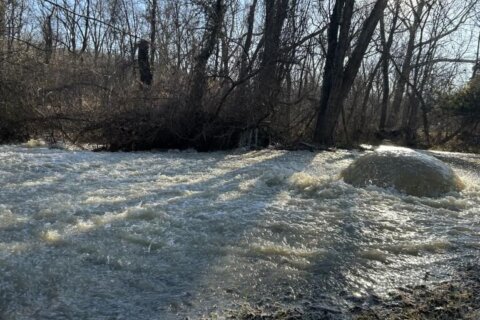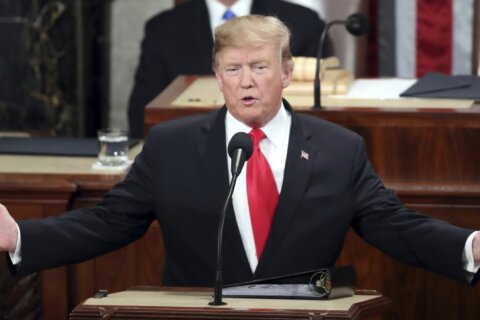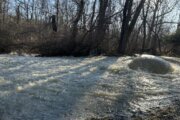WASHINGTON — Wildlife rehabilitators say they’re not very pretty, or popular, but opossums, those cat-sized marsupials, provide some pretty important functions in our backyards.
“Not everyone likes them, but they do a wonderful job to keep things in balance in our neighborhoods and in our forests here in Washington,” says Paula Goldberg, Executive Director at City Wildlife in the District of Columbia.
She’s referring to the fact that the Virginia opossum eats everything from the slugs that damage your garden, to the carcasses of dead animals. Goldberg calls them “nature’s cleaner uppers.”
There are several enclosures at City Wildlife with little hammocks, and inside, there are families of opossums: several sets of siblings left orphaned when their mother was hit by a car. Despite the fact that they are a native species, Goldberg says this animal is on the list of species of greatest conservation need in the District of Columbia.
While many people are frightened of them — perhaps because they resemble rats with their long, naked tails — Goldberg says opossums get a bad rap: they’re not disease carriers and they’re not aggressive. It’s very rare to see a case of rabies in opossums: they have a lower body temperature than many other mammals and it’s believed that may be a protection against the disease.
And their main defense against would-be predators, along with playing dead or playing opossum, is a behavior called “gaping,” opening their mouths wide and making a hissing noise. Goldberg says while it may look menacing, the animal is bluffing. It’s a defensive, not an offensive strategy to scare off enemies.
City Wildlife is caring for a number of opossums, including some who were orphaned. As soon as they are old enough to fend for themselves, they’ll be released.
If you see a sick or injured wild animal you can contact City Wildlife by clicking here.
WTOP’s Kate Ryan contributed to this report







